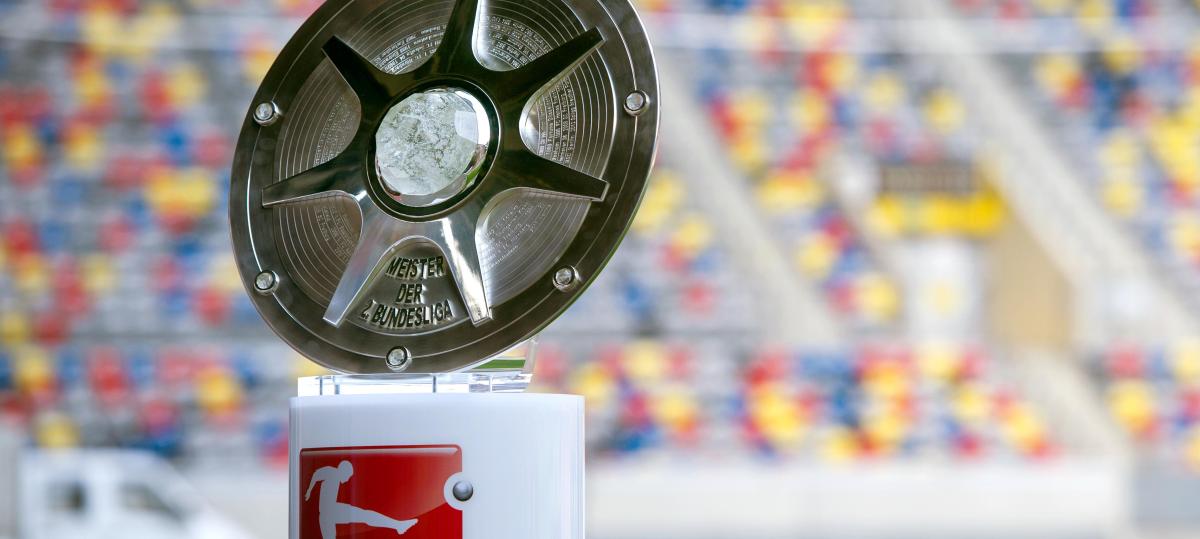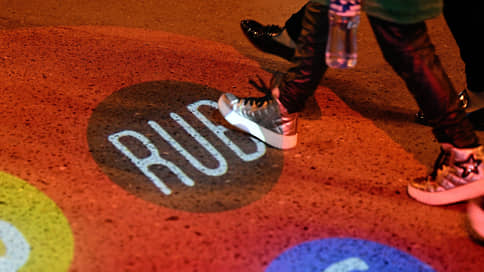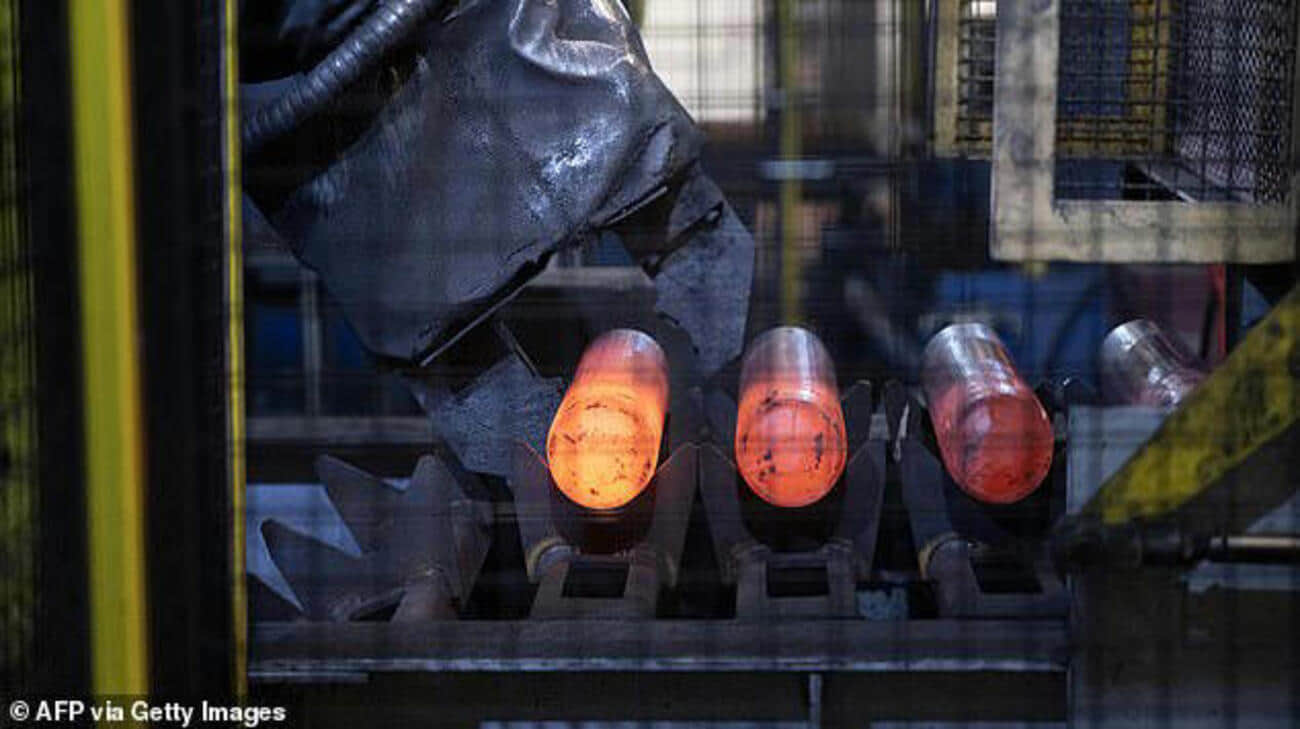Here the inhabitants of North Koreas and Russia’s bands are worried

Our Chinese sea captain on the motorboat lowers the speed, makes a cross girl and shouts « Annyeonghaseyo », hello in Korean, against an armed soldier standing with a straight back on land. We are just a few meters from North Korean territory.
Worn buildings, hospitals and schools are close to the beach. Behind them, soft hills roll with corn crops. There are military training rooms, a number of watchtower and buried shelters with soldiers. A military with shiny stars on the jacket rushes with important steps down from a slope with a portfolio in hand. Some schoolchildren walking on a path along the river throws stones at us on the boat.
It will not be more hostile than that.
Chinese city of Dandong on the Yalu River, which forms the border between North Korea and China, has long been the isolated North Korean regime’s gate against the world. It is between Dandong and the city of Shinuiju on the North Korean side that most of isolated North Korea’s trade passes. When the outside world has turned from North Korea, China has made sure that enough food and energy come in to keep the country on its feet, partly to avoid a refugee wave into the country. Chinese troops fought on North Korea’s side in the Korean War. « Like lips at teeth, » Mao Zedong, the founder of the People’s Republic, described the close relationship with the neighboring country.
But in recent times the isolated dictatorship has tied ever closer to bands with Russia. North Korea has sent troops to participate in Russia’s attack war against Ukraine, and the two countries have signed a mutual defense pact.
China’s leading Communist Party has not commented on North Koreas and Russia’s denser relations, but are probably uncomfortable with the troops in Ukraine. Asian military participating in a European war weakens the arguments for the West to stay away from forming military alliances in Asia, which China wants its own control over.
– Nobody thinks that China likes Russia and North Korea’s approach. It appears that China has been Sidstepped by the North Koreans, says Ramon Pacheco, professor of international relations at King’s College in London.
And in Dandong are many worried that the relationship with « little brother » has deteriorated. The city lives in its proximity to North Korea. Now tourism is located to North Korea, which often goes through Dandong, down since the pandemic and trade with the neighbor has decreased.

Chinese he who is on a group trip to Dandong looks out at a group of high -rise buildings in North Korean Shinuju. She likes makeup from North Korea, because there are less chemicals in it, according to her. Previously, she says, she was able to buy cosmetics directly from North Korean companies when they visited a trading fair in her hometown of Changchun.
– But now they can’t come here, I don’t know what’s going on. I don’t think the relationship with North Korea is as good as before

In addition to North Korea’s approach to Russia, the effects of the pandemic are still noticeable in the border region. North Korea completely closed its limit and has since, speaking enough, only allowed some Russian tourist groups. A few weeks ago, a Western group was also released. It looked like tourism would get started again. But just a few weeks after their visit, the North Korean regime pulled the handbrake again.

Now the Chinese get settle for looking into North Korea over the river. A little away from central Dandong steps out of their cars and studies fascinated the North Koreans’ work on building shelters. Last year, the North Korean side was severely hit by floods that swept away houses and destroyed harvests. Accompanied by march music, large groups of uniformed workers with shovels in the sand are digging and raising cement with simple tools. Some machines are not visible.
-It’s like China in the 1950s. In today’s China we had done that in one day, says a Chinese, not without triumph in the voice.
Along the river, barbed wire fences run. The border has become more guarded, according to Zhao, which deals with goods from North Korea. From the balcony of his house we can look into the neighboring country with binoculars.
– When I was a child I played on the ice with North Korean children, then there was not the barbed wire. In the spring we could see the North Koreans as they washed their clothes in the river, and took care of their animals. Now we only see soldiers, he says.

39-year-old Zhao, who can speak Korean, has taken over his father’s restaurant and business. He sells North Korean cigarettes, soaps, jewelry and skin care products. He takes over SEK 200 for a skin cream. It’s the same brand that Kim Jong-Un’s wife uses, according to Zhao. It is so clean that salesmen usually drink it, he claims. There is also bear meat, Björn is forbidden to hunt in China, and bile from Björn. The latter consider Chinese to be good for the liver.
Previously, Zhao went across the river to do business with the North Koreans several times a day. Nowadays it will be some night of the week. He does it with the good memory of the local authorities, but does not want to be in the picture, worried about having problems.
Judging by Zhao’s spacious home – with ornaments in the ceiling and furniture with gold details – he has earned well on the trade across the border. But he notices a worse relationship.
– There should not be such strict controls between two friendly countries.

2017 banned the UN Security Council Foreign companies from using North Korean labor and decided that they must be back in North Korea by December 2019. The UN justified the decision that a large part of the workers’ salary, up to 90 percent, is seized by the state that uses the money for its criticized nuclear weapons program.
But North Korean workers remain in Dandong’s factories, even though they are fewer than before. They are easy to recognize their similar clothes. In one of Dandong’s shopping centers, a group of North Korean young women with turquoise jackets fill large bags of kettles, makeup, electronics products and clothing. Goods that are difficult to obtain at a reasonable price in North Korea and which they usually buy before their contract at the factory in China, which usually lasts for a couple of years, expires.
In a so -called economic development zone on the outskirts of central Dandong, we are admitted to a factory during the pretext that we are a buyer. The owner says that they have 700 employees North Koreans and plan to expand the workforce to 1,600. The business is good, among other things they manufacture work clothes for a German company.
– The North Korean workers are better than the Chinese. They are more accurate and they listen to orders. Not like Chinese who listen to music and do a little bit as they please, says the manufacturer.

Inside the factory Sitting the workers with red hats and aprons. It is silent as on the sound from cutters and sewing machines. There are reports that the North Korean workers are more or less compulsory labor. They live at the factory, are deprived of their passports and may only go out in the company of supervisors. Their main task is to withdraw foreign currency to the North Korean state.
In the evening we have dinner at a North Korean restaurant owned by the North Korean state. It is also a crime, according to the UN sanctions. North Korean women in gray suits serve kimchi, bibimbap and stew with sea cucumber.
But the North Korean restaurants have also become fewer. Zhao looks over to the other side from his balcony.
« It shouldn’t be like this between two friends, » he says.












